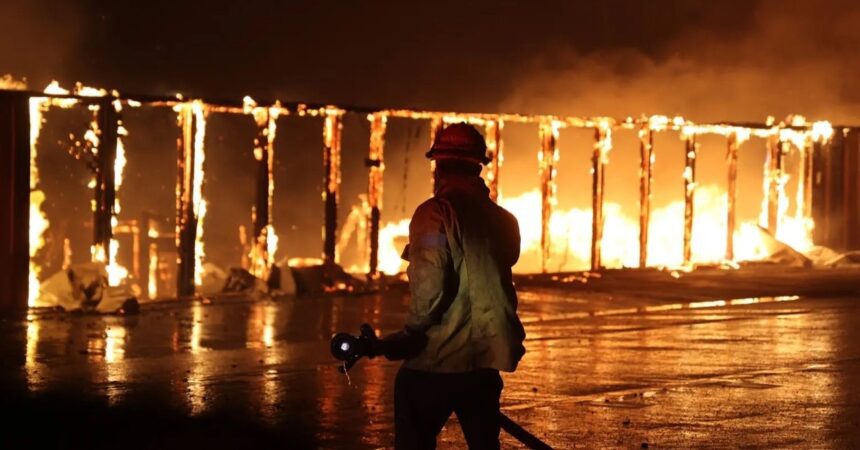Karen Short, a research ecologist with the Forest Service who played a key role in the study and oversees a historical database of national wildfire reports, emphasizes the importance of understanding the causes of wildfires for the purpose of prevention and public education. Evidence suggests that proactive measures are effective: The National Fire Protection Association reports that house fires in the United States have declined by almost 50% since the 1980s.
In 2024, Short broadened her archive on wildfires to include additional data that could aid investigations, such as weather conditions, elevation, population density, and the timing of a fire. “It’s vital to have those factors recorded to monitor trends over time. We continue to track data dating back to the 1900s,” she stated.
Short notes that wildfire patterns in the western United States have evolved due to human influence. In recent years, ignitions caused by power lines, fireworks, and firearms have increased, unlike the earlier occurrences linked to railroads and sawmills.










